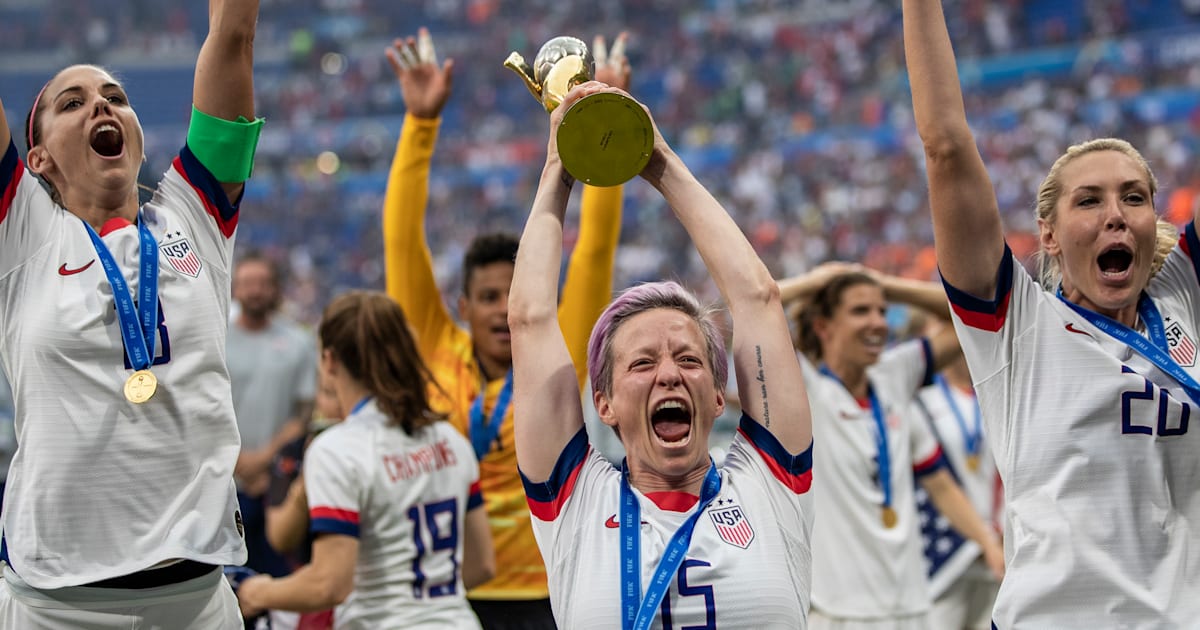The FIFA Women's World Cup is an event that unites nations, celebrates diversity, and showcases the incredible talent and skills of female footballers from around the world. Scheduled to take place in 2023, the tournament promises to be a thrilling spectacle of athleticism, sportsmanship, and camaraderie. In this blog, we will delve into the significance of the FIFA Women's World Cup 2023, its impact on women's football, and the excitement it brings to fans worldwide.
Historical Context of Women's World Cup
The history of the FIFA Women's World Cup can be traced back to 1991, when the inaugural tournament was held in China. Since then, it has become a quadrennial event, providing an international platform for women's football teams to compete at the highest level. The tournament has grown exponentially in popularity and stature over the years, fostering the development of women's football and inspiring countless girls to take up the sport.
Tournament Host and Venues
The FIFA Women's World Cup 2023 will be hosted by Australia and New Zealand, making it the first time that the tournament will be co-hosted across two countries. The decision to have two host nations showcases the global appeal and reach of women's football, spreading the tournament's spirit to different regions and time zones.
The matches will take place in twelve cities across Australia and New Zealand, with iconic venues like Sydney's Stadium Australia and Auckland's Eden Park set to witness history in the making. The choice of these diverse and vibrant host cities reflects the organizers' commitment to promoting women's football on a global scale.
Growing Popularity and Commercial Success
With each edition of the FIFA Women's World Cup, women's football has experienced exponential growth in popularity and commercial success. The 2019 tournament held in France witnessed record-breaking viewership figures, capturing the attention of millions of fans worldwide. Major broadcasting networks have recognized the immense appeal of the tournament, resulting in increased coverage and investment in women's football.
The commercial success of the Women's World Cup has paved the way for greater financial support and sponsorship opportunities for female footballers. This, in turn, has enabled more women to pursue football as a viable career option and has contributed to the overall professionalization of the sport.
Empowering Women and Breaking Stereotypes
The Women's World Cup not only showcases athletic prowess but also empowers women and challenges traditional gender stereotypes. Female athletes serve as role models, proving that determination, skill, and teamwork know no gender boundaries. The tournament sends a powerful message to the world about the capabilities and potential of women in sports, inspiring a new generation of young girls to dream big and aspire to achieve greatness in any field they choose.
Promoting Gender Equality in Sports
The FIFA Women's World Cup is not just a football tournament; it is a platform for promoting gender equality and inclusivity in sports. By providing equal opportunities and exposure to female athletes, FIFA sends a strong message about the importance of leveling the playing field in all aspects of life.
The 2023 Women's World Cup serves as a reminder that progress in women's football is essential, and there is still work to be done to achieve full gender parity in the sport. However, it also showcases the strides made thus far and the immense potential for further growth and development.
Conclusion
The FIFA Women's World Cup 2023 promises to be a landmark event in the history of women's football. As fans eagerly anticipate the tournament, we celebrate the talented athletes, the diverse host nations, and the global unity that the Women's World Cup fosters. This prestigious tournament goes beyond just a display of athletic excellence; it is a testament to the power of sports in promoting gender equality, empowering women, and inspiring generations to believe in the limitless possibilities of their dreams. So, let's come together to support and celebrate the brilliance of women's football on the grandest stage of all.




